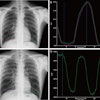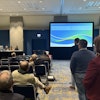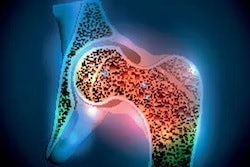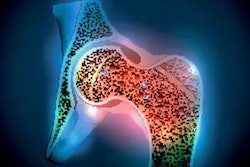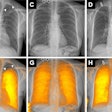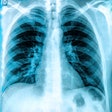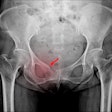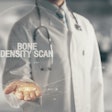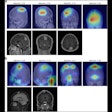Passive and active smoking may be equivalent risk factors for osteoporosis in women, according to a study conducted by Italian researchers.
A group at the Federico II University of Naples analyzed rates of osteoporosis in women diagnosed with the disease using dual-energy x-ray absorptiometry (DEXA) scans. They found that women exposed to environmental tobacco smoke had similar rates of the disease as those who actively smoked.
“Few data are available regarding the association between [environmental tobacco smoke] and osteoporosis, preventing national health care systems from considering ETS as a real risk factor for osteoporosis,” wrote corresponding author Lanfranco D’Elia, MD, in a study published October 11 in the Journal of Endocrinological Investigation.
Cigarette smoking is already considered a significant osteoporosis risk factor, since it inversely correlates with DEXA bone mineral density measurements in both elderly men and women, in perimenopausal women, and even in young men, the authors wrote.
To elucidate whether passive smoking also increases risks, the researchers culled data from 10,616 women enrolled in an Italian Ministry of Health osteoporosis screening program who had undergone DEXA exams between June 2008 and May 2018, as well as completed a questionnaire regarding their smoking behaviors.
Among participants, 3,942 were current smokers, 873 were passive smokers, and 5,781 were never smokers.
According to the findings, the osteoporosis prevalence in current smokers was significantly higher compared with nonsmokers [odds ratio (OR) = 1.40]. Likewise, the prevalence in passive smokers was significantly higher compared with nonsmokers (OR = 1.38), but not different compared with current smokers (OR = 1.02).
“The study results underline the presence of a significant association between passive smoking and osteoporosis in nonsmoker community-dwelling women of European ancestry,” the researchers wrote.
Ultimately, the results should be considered in new criteria developed for osteoporosis screening programs to identify women at higher risk, the authors suggested.
“This study sends the provocative message that the inclusion of exposure to [environmental tobacco smoke] as an osteoporosis risk factor is needed,” the group concluded.
The full article is available here.


